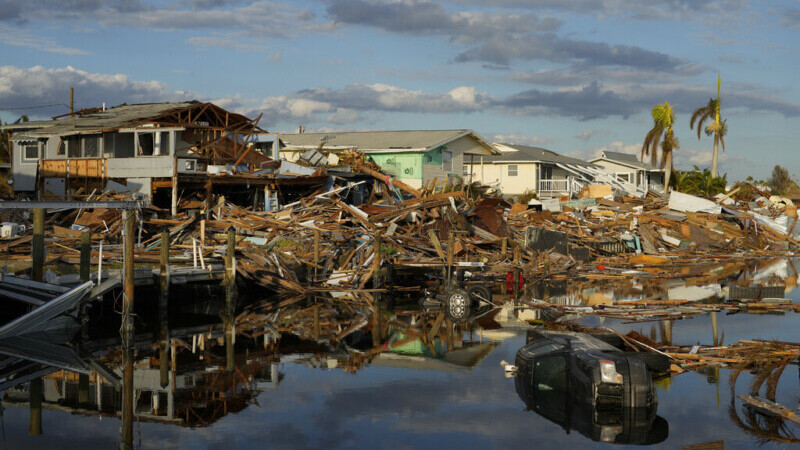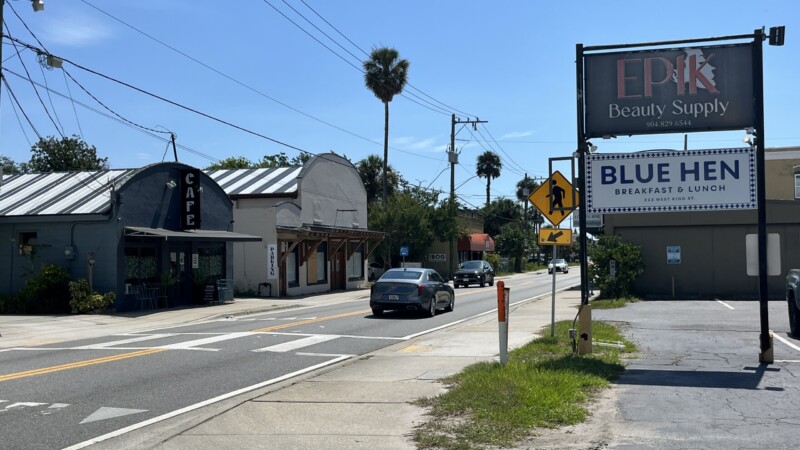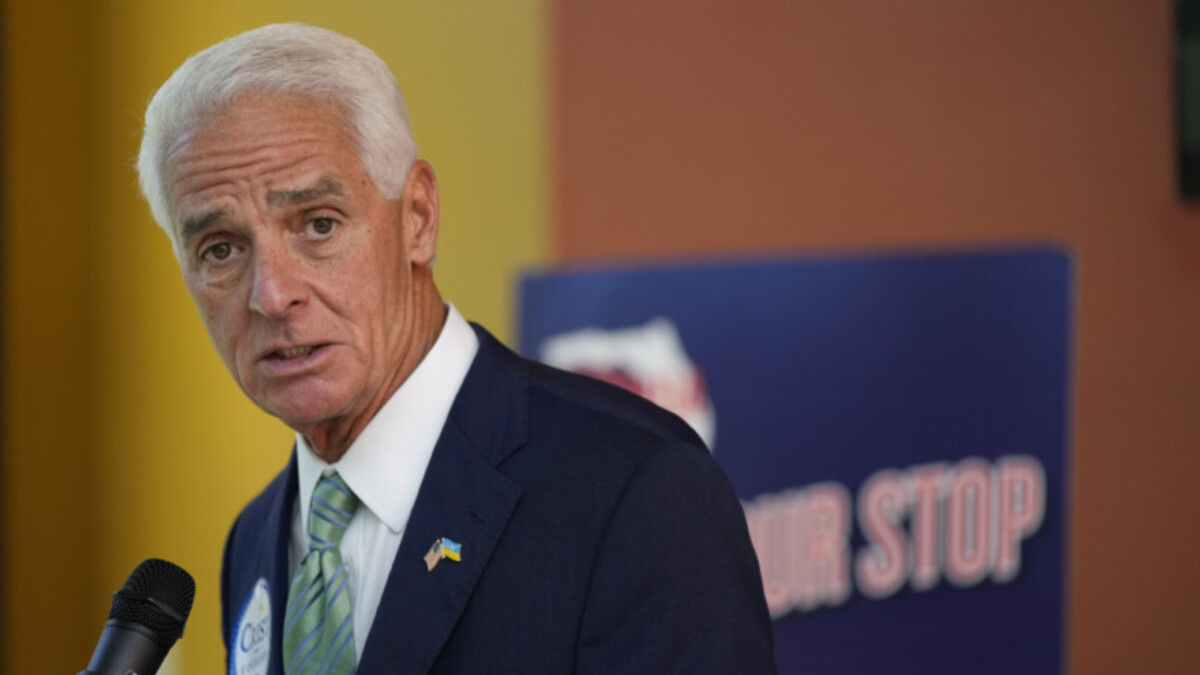
As I said in my last column, Northeast Florida was very blessed in that it largely ducked the wrath of Hurricane Ian. I was very fortunate to have escaped any damage because, unbeknownst to me, I did not have homeowners insurance as the storm was taking its tour of destruction across the state.
Florida’s insurance crisis has been widely reported: Insurance rates have nearly tripled in the past five years, yet insurance companies are still losing money, resulting in companies’ liquidating or pulling out of the state.
Why? Three reasons.
The first is that Floridians live with the risk of severe storms like Matthew in 2016, Irma in 2017 and Ian in 2022. It costs money to insure that risk. Let’s face it, people living in Akron, Ohio, do not live with the possibility of facing a catastrophic storm every four or five years.
The second reason that rates are rising is that the cost of reinsurance — the insurance that insurance companies buy for themselves when claims spike after a catastrophic storm — is increasing. That is a painful reality, but unfortunately it makes economic sense.
The third reason — some say the biggest reason — is an unholy alliance between lawyers and sketchy contractors in an “assignment of benefits” scam. The way it works is that a contractor approaches a homeowner and offers to conduct an inspection on the roof. After the inspection, the contractor offers to replace the roof if the homeowner files a claim with his or her insurance company and assigns legal interest in the claim to the contractor.
If the insurance company denies the claim, the contractor now has the legal ability to sue the insurance company. At that point, it’s a business decision for the insurance company: Either pay the cost of defending the lawsuit or pay off on the claim and move on down the road. This is why 79% of lawsuits across the country related to property claims are filed in Florida but only 9% of homeowners’ claims are filed here. That’s insane.
On the one hand, I believe the insurance companies may have at least in part brought this problem upon themselves by refusing to provide coverage unless a homeowner replaced an otherwise functional roof simply because of its age. Putting that aside, though, I credit the state Legislature and Gov. Ron DeSantis for passing legislation this year that addresses lawsuits by cutting off attorney’s fees for anyone but the insured party or beneficiary of the policy.
This is a start. We’ll see if it works. I suggest that a further legislative fix would be limiting the assignment of such rights in the first place. At least it might be another step in the right direction.
As for me, my insurance got canceled after the carrier liquidated. However, it only liquidated after it suddenly doubled my premium and dinged my mortgage escrow for thousands of unexpected dollars, doubling my monthly mortgage payment. I chased it and got my money back through the Florida Department of Insurance and secured another carrier, but the replacement carrier then played games with inspections and conditions of coverage as Hurricane Ian was approaching. And mind you, this coverage had already been approved and paid for.
I held my breath and crossed my fingers. Again, I was lucky, but how many people in the same situation were not, especially in Southwest Florida, suffering catastrophic loss without coverage due to a market that has gone off the rails?
I finally got coverage in place after the storm. I am again lucky in that I have multiple siblings who are in the insurance business who were able to help me. However, I know of many people who have faced the same situation and are unable to obtain private coverage, resulting in the publicly funded Citizens Property Insurance Corp., or more generally referred to as Citizens, the insurer of last resort for Floridians, which picks up the insurance slack for the private market.
Since the 1950s, Florida’s population has grown from less than 3 million residents to around 22 million. That said, we remain surrounded on three sides by warm water. That’s a lot of potential insurance claims for the state to backstop. Although Citizens is apparently flush with cash at this point, having built up its reserves, losses attributed to Ian could be in the range of $40 billion.
So what is the fix? I truly don’t know at this point. Maybe continued improvements in building practices, continued implementation of stricter building codes, and perhaps express limitations on pooled risk in certain circumstances.
However, I am hopeful that the state Legislature and governor have already made the decision to go back to the drawing board and do a deep-dive analysis in anticipation of further legislation to be introduced at a second special session to fix what is arguably an existential problem for Floridians.







